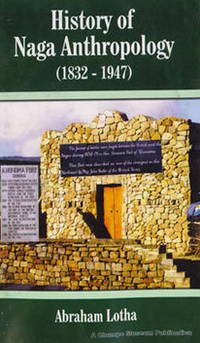The UN Food and Agriculture Organisation (FAO) warns ominously of an ‘unforeseen and unprecedented’ decline in world food supply. Anthropologists should contribute their expertise and knowledge to this emerging problem, Solomon H. Katz writes in the current issue of Anthropology Today (accessible for subscribers only).
First, anthropologists are often on the ground in remote places in societies which should, but often do not, figure in the mainstream of news stories about food problems. By the nature of our work, anthropologists are often close to the centre of the most desperate problems. We need to report these problems, especially through blogs, wikis and other instant communications within our means.
Second, anthropologists need to communicate beyond our own field about these food problems – with other scientific disciplines, the media, public policy advocates and elected officials who can help implement corrective change. The economic community has begun to focus on the micro level, which is consonant with the anthropologist’s study of problems at the local level.
In the case of food problems, for example, we can share our knowledge of how households, villages and communities are being affected and are coping with the rapidly increasing price of food throughout the world, and we can do so without delay.
Third, anthropologists need to be fully involved in building increased lines of communication that represent their collective perspectives more effectively, and can provide new insights for the media and policy-makers and help change the way societies think and act on problems of global concern.
(…)
Finally, we need to help develop a systematic way for government policy affecting the human food chain to be tested before it is adopted, in order to avoid unintended consequences.
The anthropologist is mentioning an online wiki web page and database of reports from the field as part of a new ‘world food problems’ wiki that he launched in December 2007 at http://wfmo.pbwiki.com Unfortunately, it seems he has taken it down already as it is password protected.
Katz has organized a panel entitled ‘Food to Fuel’ that I organized for the annual meeting of the American Anthropological Association in Washington in December 2007.
He writes that the food crisis is the result of the sharp rise in competition between food and fuel, together with the higher costs of energy to produce and transport foods, the increased use of maize as animal feed in China and elsewhere, and the rapid changes in climate and rainfall patterns:
Last winter, within a month of Felipe Calderón taking office as the new president of Mexico, there were so many protests over the rise in corn prices induced by the US corn-to-ethanol policy that Calderón had to reverse his free trade philosophy and immediately fix corn prices or risk further street violence during the opening days of his presidency.
Similarly, the wheat price crisis has sparked street protests in Italy and Russia. In Africa there have been major protests, and the real spectre of food shortages this year resulting from prohibitively high prices looms in at least 37 countries.
UPDATE: The Guardian (26.2.08) reports Feed the world? We are fighting a losing battle, UN admits
SEE ALSO:
Malaysia: Penan people threatened by demand for “green” bio-fuels
Dissertation: Survival in the Rainforest
Global Migrants For Climate Action - Migrants organize to fight climate change
Thesis: How does EU influence the life of farmers in Finland?


Recent comments